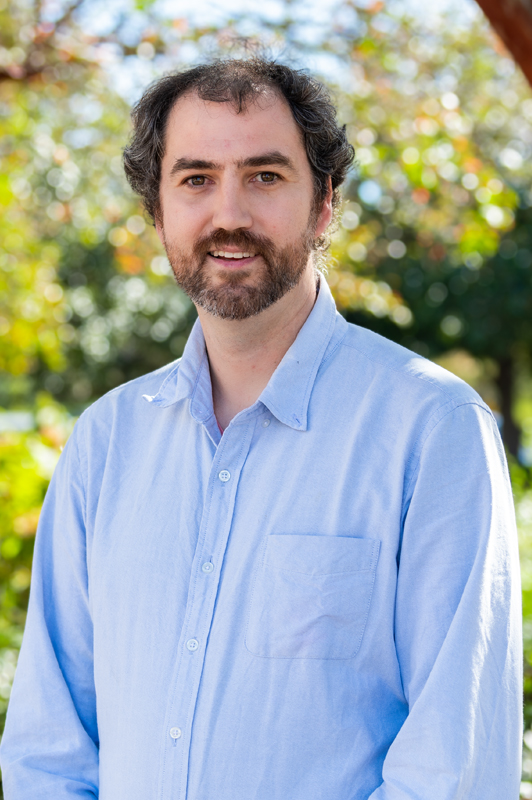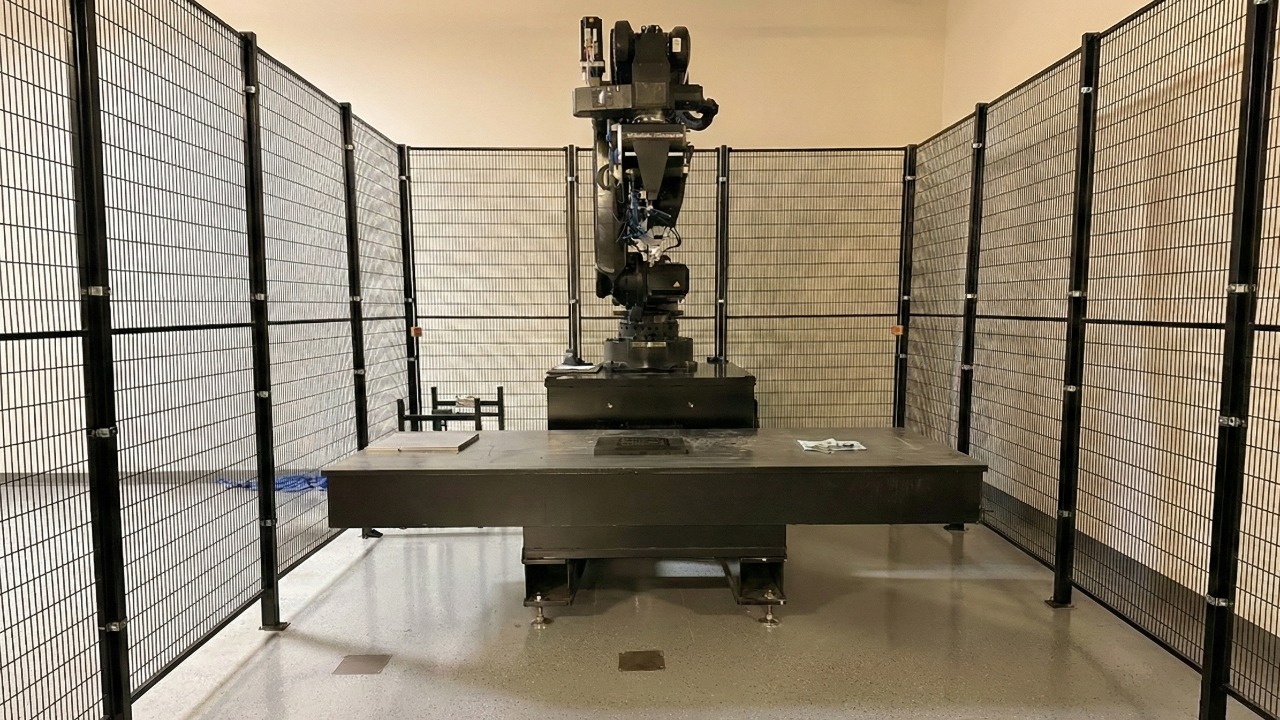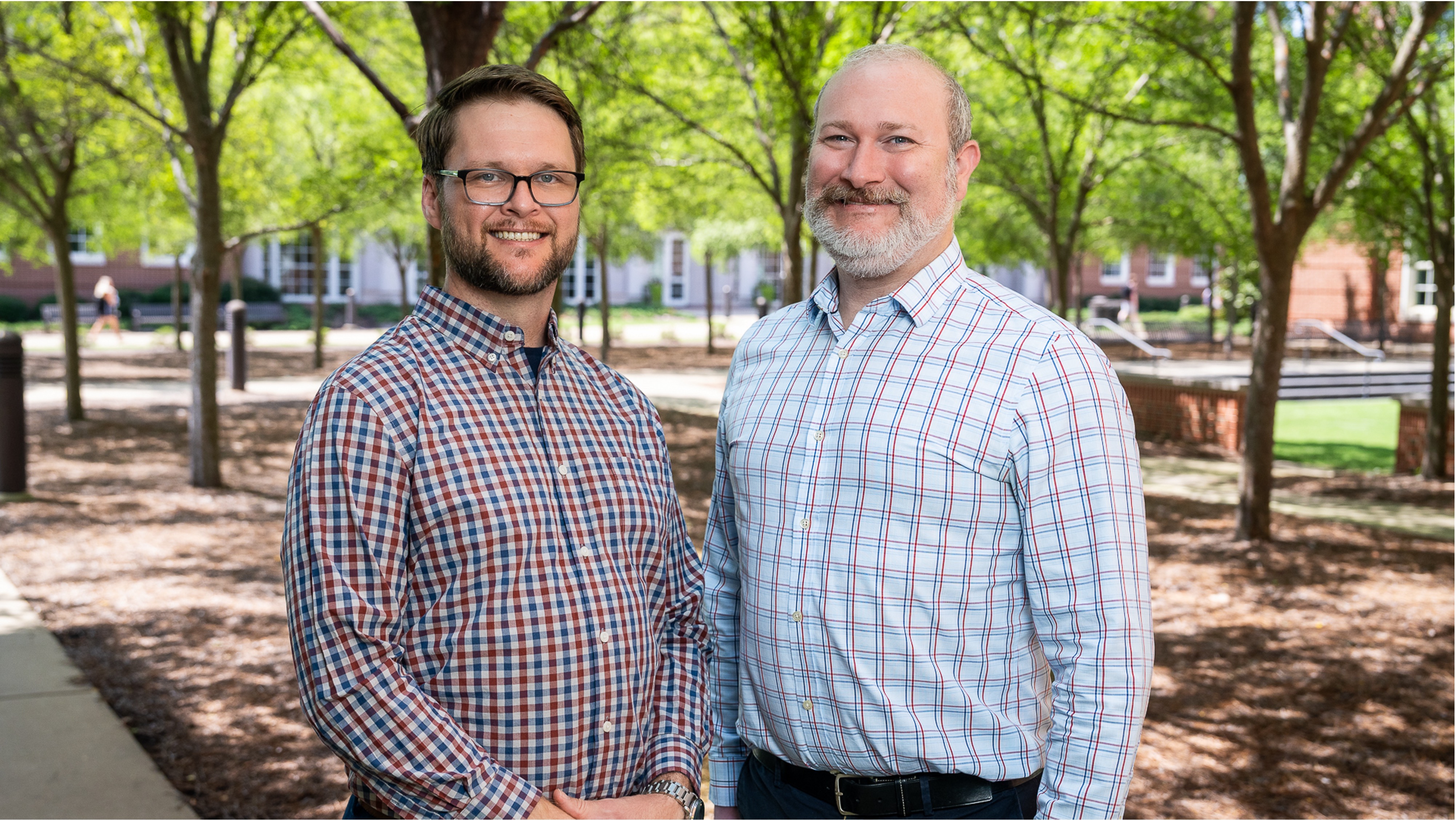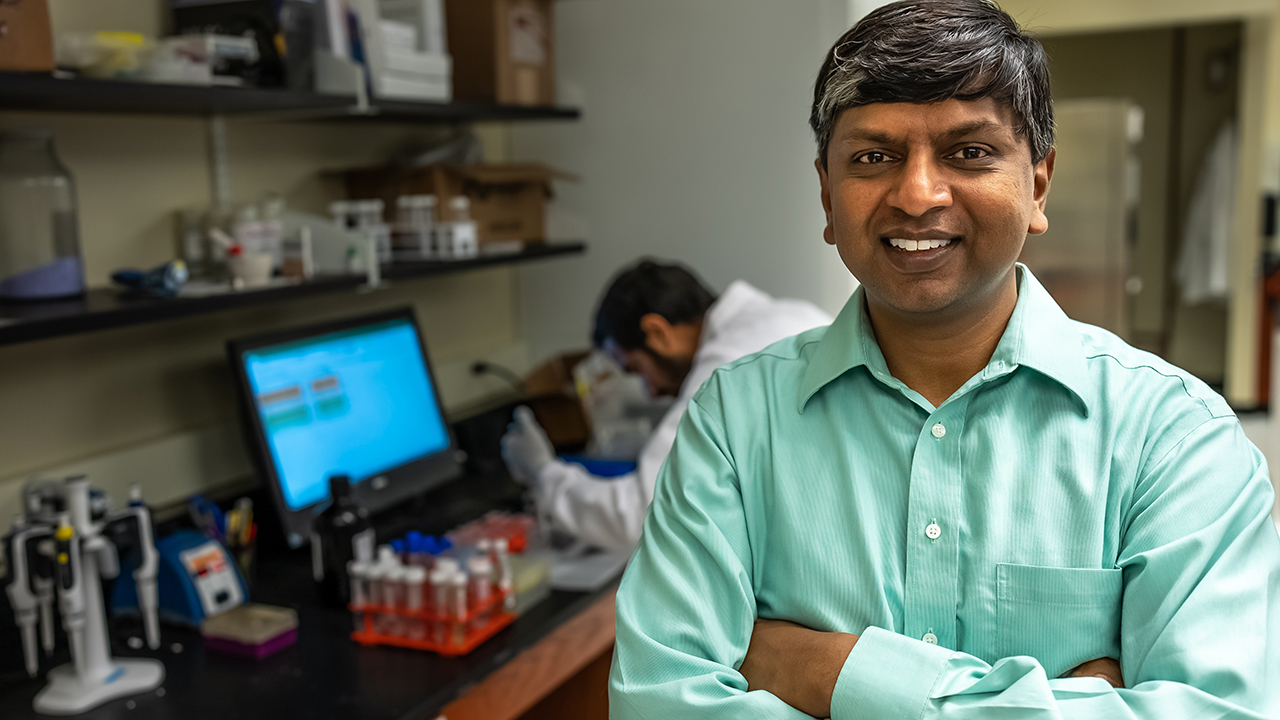Auburn University's Samuel Ginn College of Engineering has established a new interdisciplinary center to advance polymer and composite engineering.
The Center for Polymer and Advanced Composites will focus on research, graduate education and collaborative outreach opportunities to advance economic growth in Alabama and the Southeast.
Serving as a focal point on campus for polymer and composites research, the center will foster interdisciplinary collaboration among academic units across the university, including the aerospace, biosystems, chemical, industrial and systems, mechanical and materials engineering departments, as well as the School of Nursing and the Colleges of Veterinary Medicine, Agriculture, Human Sciences and Sciences and Mathematics.
Centrally located to numerous automotive and aerospace industries, as well as federal agencies in Huntsville, such as NASA, the center will serve as the liaison through which these external entities will interface with Auburn University's resources and capabilities in polymer and advanced composites research.
Message from the Director
What a year 2023 was for the Center of Polymers and Advanced Composites (CPAC). To begin, I’d like to thank Dr. Auad for her tireless leadership as the Director of CPAC since its inception. She has left larger-than-life shoes to fill and I am not only excited, but honored to be serving as the center’s second director since January of 2023.
To introduce myself, my name is Bryan Beckingham, and I am the Mary and John H. Sanders Endowed Associate Professor of Chemical Engineering at Auburn University. I received my bachelor’s in chemical engineering in 2007 from Clarkson University where I completed an undergraduate honors thesis on the polymerization of styrene in continuous flow narrow channel reactors, which was followed by the completion of my master’s degree in ‘09. I received my Ph.D. in Chemical and Materials Engineering at Princeton University in 2013 after successfully defending my dissertation on the synthesis and bulk thermodynamics of block-random copolymers.
After receiving my doctorate, I spent roughly three years at Lawrence Berkeley National Laboratory continuing my work with the synthesis and characterization of semiconducting polymers, polyethers, and polymer membranes for various fuel cell configurations. My academic career started in 2016 as an assistant professor in the Chemical Engineering department at Auburn University. Shortly after I began this position, I became heavily involved in CPAC activities which fosters the passion I continue to have present day.
Now that we have been introduced, let’s recap 2023! We had a great year as a center with numerous new CPAC initiatives and an upswing in positive momentum. Our 2022-2023 AU CPAC undergraduate research fellows completed their projects in the spring of 2023. Luke May, Jordan Clemmons, and Andrew Yignst were selected as the 2023-2024 fellowships awardees and are already showing impressive results.
AU CPAC ReMake, a new student-led project/partnership, is a newly formed collaboration between CPAC and the AU Waste Reduction and Recycling Department. The group collects 3D printer waste from labs across Auburn’s campus (Makerspace, Library, Industrial Design, etc.) and our neighboring Southern Union Community College. After collection, the students reprocess the collected material into new 3D printer filament (primarily PLA) for use by various student design teams and the Engineering Makerspace.
We held a successful 6th annual Graduate Summer Seminar Series featuring graduate and undergraduate presentations from students across all engineering departments. Our 7th series will kicked off on May 27, 2024!
On the facilities side, we converted our characterization facility into an official Auburn service center. We continue to maintain our A2LA accreditation to complete a suite of ASTM tests for thermal and mechanical characterization.
Our state-of-the-art characterization facility saw a positive ROI by purchasing a new pycnometer, new fixtures for our Instrons, and a new NSF MRI-funded detector (~$730k) for our Zeiss Xradia 520 Computed Tomography (CT).
Affiliated faculty continue to support the center by attracting external funding from both industry and academia. Currently, CPAC is involved in ~$5.5 million in projects from federal agencies such as the National Science Foundation, NASA, Dept. of Energy, Dept. of Homeland Security, and NIST.
As we continue to foster our growth and momentum into 2024, I encourage you all to reach out for more information, and collaborative ideas, or to show interest in further supporting our Center. War Eagle,

Bryan Beckingham
Director, Center for Polymers and Advanced Composites
Chemical Engineering
228 Ross Hall
bsb0025@auburn.edu









